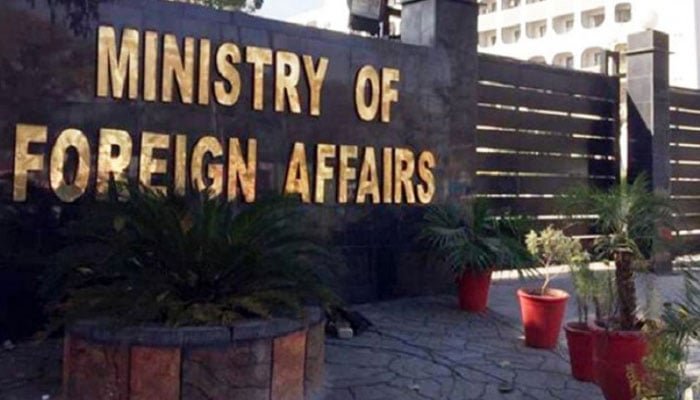In a heartfelt address to the Islamabad High Court Bar, Justice Tariq Mehmood Jahangiri emphasized the profound responsibility that comes with judicial office and the importance of integrity and preparedness in the legal profession. He shared his personal routine of reciting the Holy Quran and Durood Sharif before taking his seat in court each day, underscoring his commitment to justice and accountability. “May the wrath of Allah descend on the judge who deliberately makes a wrong decision,” he declared, highlighting the moral gravity he associates with judicial decisions.
Justice Jahangiri’s address was not merely a reflection on personal piety but a call to action for both judges and lawyers to uphold the highest standards of their profession. He stressed that the quality of support provided by lawyers significantly impacts the ease with which judges can arrive at fair decisions. “If lawyers provide good support, judges also find it easy to make decisions,” he noted. He likened the process of judicial decision-making to an examination, with their rulings subject to scrutiny and challenge in the Supreme Court.
Reflecting on the events of February 8, 2021, which caused significant disruption in the relationship between the bar and the bench, Justice Jahangiri called for a renewal of commitment from lawyers to come fully prepared for their cases. He urged judges to view young lawyers as their children and take an active role in mentoring and reforming them. This approach, he argued, would help bridge the gap and foster a more collaborative and effective legal system.
Justice Jahangiri also addressed a concerning trend in the legal landscape: the proliferation of multiple First Information Reports (FIRs) for a single incident. He took a firm stance against this practice, stating, “I decided that multiple FIRs cannot be registered on one incident.” His decision reflects a broader commitment to upholding the constitution and the law, ensuring that justice is not only done but seen to be done in a fair and transparent manner.
The judge’s address was a clarion call for integrity within the judiciary. He reiterated his practice of beginning each day with spiritual reflection, emphasizing the weight of judicial responsibility. “May the wrath of Allah descend on the judge who deliberately makes a wrong decision,” he repeated, underscoring the ethical and moral imperatives that guide his work.
Justice Jahangiri’s remarks also highlighted the interdependence between the bar and the bench. He pointed out that well-prepared lawyers contribute to the efficacy of judicial proceedings, making it easier for judges to make informed and just decisions. This symbiotic relationship is crucial for the proper functioning of the legal system. By encouraging lawyers to see their work as part of a collective examination, with each decision potentially subject to higher judicial review, he sought to instill a sense of duty and meticulousness in the legal process.
Addressing the challenges faced by young lawyers, Justice Jahangiri emphasized the need for experienced judges to mentor and guide them. By treating young lawyers as their own children, judges can help nurture a new generation of legal professionals who are not only skilled but also deeply committed to the principles of justice and fairness. This mentorship is essential for maintaining the integrity and effectiveness of the legal system.
The judge’s firm stance on the issue of multiple FIRs for a single incident is a testament to his commitment to judicial fairness. By curbing this practice, Justice Jahangiri aims to prevent abuse of the legal system and ensure that justice is administered consistently and equitably. His oath to uphold the constitution and the law is a reminder of the fundamental principles that should guide all judicial actions.
Justice Tariq Mehmood Jahangiri’s address to the Islamabad High Court Bar was a powerful reminder of the importance of integrity, preparedness, and mentorship in the judiciary. His personal commitment to reciting the Holy Quran and Durood Sharif each day, along with his call for ethical conduct and professional diligence, underscores the profound responsibility borne by those in the legal profession. By fostering a collaborative and principled approach, both judges and lawyers can work together to ensure that justice is served and the rule of law is upheld.



